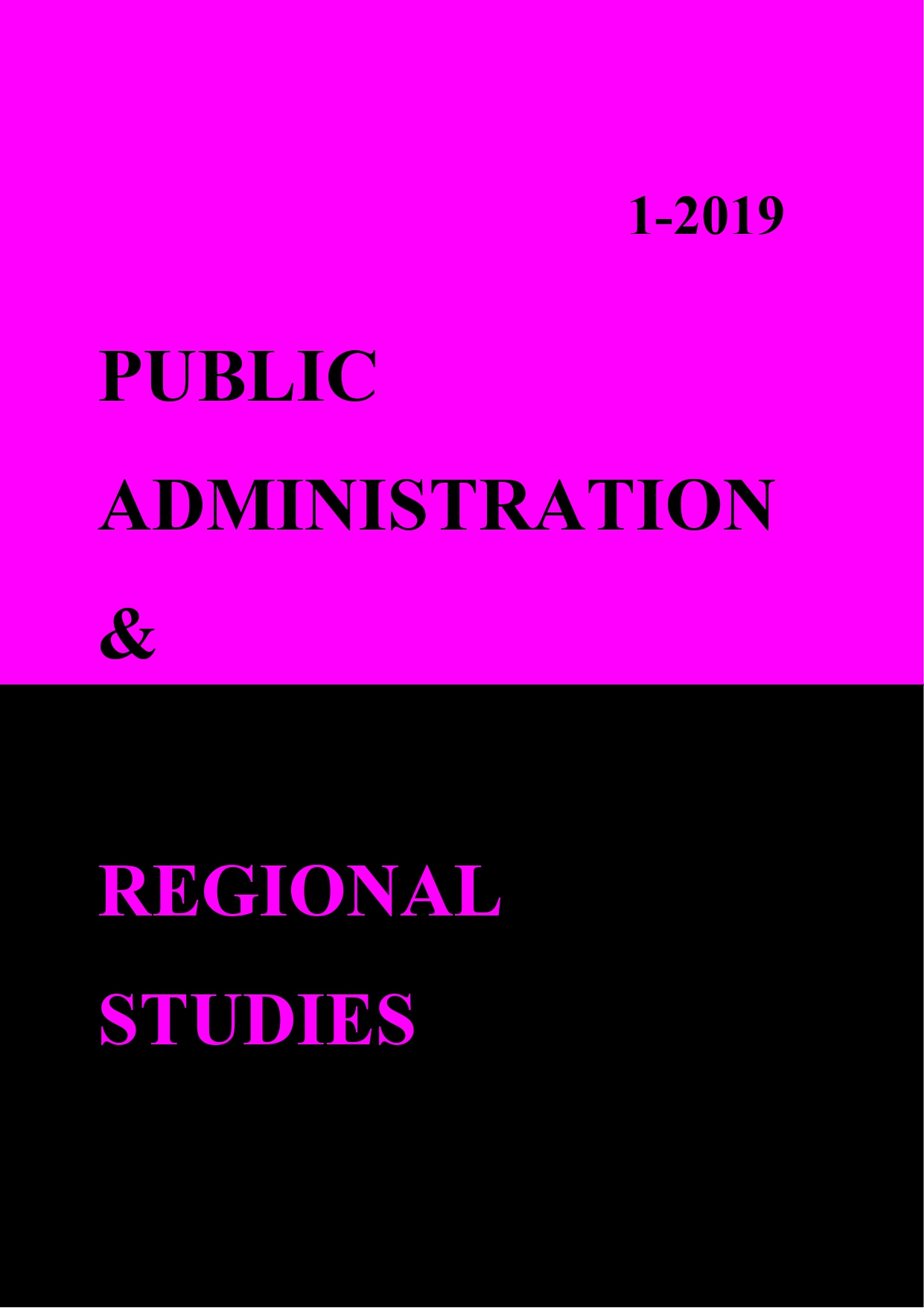Considerations on the Constitutional Court’s Decision no. 997/ 2008 concerning the Plea of Unconstitutionality of Art. 20 of G.O. no. 137/2000 on the Prevention and Sanction of All Discrimination Forms
Considerations on the Constitutional Court’s Decision no. 997/ 2008 concerning the Plea of Unconstitutionality of Art. 20 of G.O. no. 137/2000 on the Prevention and Sanction of All Discrimination Forms
Author(s): Elisabeta SlabuSubject(s): Politics / Political Sciences, Law, Constitution, Jurisprudence, Constitutional Law
Published by: Editura Universității „Dunărea de Jos”, Galați
Keywords: plea of unconstitutionality; constitutional control; constitutional justice; constitutional court; juridical security;
Summary/Abstract: The plea of unconstitutionality, or of non-compliance with the Constitution, represents a constitutional guarantee of the citizens’ fundamental rights and liberties, established with the goal to protect people against the possible unconstitutional provisions adopted by the Parliament. The concept of “constitutional control” is more and more often used in the contemporary literature, together with the expression “constitutional justice”. The two expressions are fairly similar, meaning the review of the conformity of the law with the Constitution. The constitutional judge has the right to examine and decide on both the ‘’text’’ of the law and on the ‘’norm’’, although the control of the ‘’norm’’ is the prerogative of the legislative power. At the level of the majority of the constitutional courts in Europe, there has been a comparable evolution of the phenomenon of these interpretative decisions. This evolution was marked by a gradual change of the attitude expressed in the scientific doctrine and the jurisprudence, from one of categoric hostility towards one of total openness to this category of decisions. Almost all scholars accept now that the Constitutional Court has the power to establish the unconstitutionality of an interpretation resulting from the unclear or inappropriate wording of the legal provision under control. This conclusion is scientifically supported by the constitutional judge’s competence to interpret the legal texts and by the necessity to ensure juridical security.
Journal: Public Administration & Regional Studies
- Issue Year: 12/2019
- Issue No: 1
- Page Range: 37-47
- Page Count: 11
- Language: English

